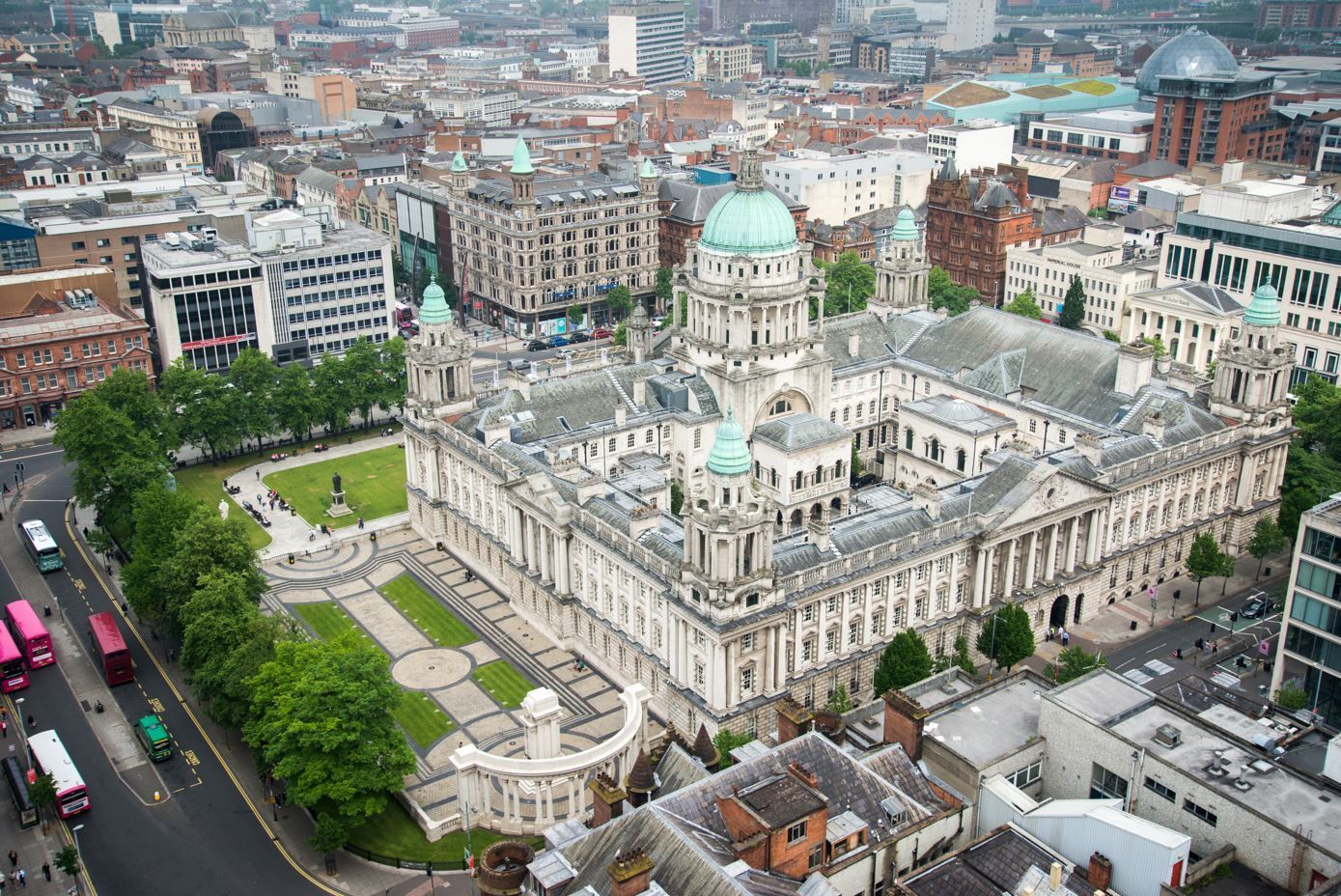Our political leaders were blindsided by the most seismic change of the last two decades — the advent of social media powered by internet giants — and in the process bequeathed us arterial routes bereft of small businesses, the normalisation of racist and inflammatory hate speech, and, thank you Instagram, young people of increasingly parlous mental health driven to self-harm and suicide by cyber-bullying and trolling.
This organ has an obligation to add to that toxic mess the destruction of journalism and the advent of a new media model where all profits flow to Silicon Valley and not to local workers and tax-paying businesses. Thankfully, South of the Border, the Irish Government via Coimisiún na Meán has responded by funding scores of new journalism jobs in order to bolster local democracy.
However, lesson learnt, one would expect that our leaders are girding their loins and bolstering the barricades to ensure that the oncoming tidal wave of Artificial Intelligence lifts all boats rather than flooding our homes.
And, yet the evidence does not inspire enthusiasm. In the US, Trump has ushered in a new Wild West of AI development: no regulation, no guardrails, no rules full stop. Just a gold rush of speculation and greed to find the quickest way to drive a profit from AI and its unbelievably powerful Large Language Models trained by African workers earning pennies-an-hour.
The upshot: ordinary people are left depending on the Facebook, Google, Amazon and Tesla billionaires to act in their interest. Other than that, Mrs Lincoln, how did you enjoy the play?
The EU has responded robustly to the threats, challenges and opportunities of AI by introducing its own AI Act (which, interestingly, may apply, in part, in the Six Counties) and an AI Innovation fund to drive investment into new tools using AI to build more productive economies and stronger societies. However, with King Trump threatening to rain down even more tariff misery on his European 'allies', it's yet to be seen if these initiatives will actually usher in an era of 'AI for Good' or simply be steamrollered by US companies — a repeat of the social media nightmare.
However, AI can be used for more than fuelling profits and getting rid of workers — in fact, in China, they are using AI to transform educational outcomes for children. Research shows that children educated by teachers using the assistance of AI tools perform better than childen taught by the country's famed 'superteachers' (themselves recognised as the best out of every cohort of 3,000 peers).
And in healthcare, Irish-founded firm Woebot is using AI to provide a vital crutch to the depressed and lonely while across the Straits of Moyle, AI is being used as a lifeline for elderly Glaswegians needing to call emergency assistance (using, interestingly, Amazon's Alexa).
This weekend, the 'godfather of AI' Geoffrey Hinton painted a pretty bleak picture of the future he has helped unleash: "Rich people are going to use AI to get rid of workers... it will make a few people much richer and most people poorer."
But it doesn't have to be that way. In fact, the AI platforms of OpenAI, Google, Meta and Musk as well as China's DeepSeek, if deployed wisely, can give communities a chance to advance their self-interest. Who would argue with an AI tool that gave all the children in underserved areas of Belfast a learning leg-up which enabled them to improve their exam results by five per cent? Or an AI App on our phones which enabled the unwell to locate a GP appointment by moving patients from perennially over-booked practices to doctors who are twiddling their thumbs? Or an AI robot that could scan health data going back 50 years to tell us which treatments work best in dealing with the trauma of our past?
Thus far, the Stormont Executive has announced several initiatives to help businesses navigate the AI future but proposals to help grassroots communities are less apparent (though, kudos, Belfast City Council has stepped up in this area).
And the beauty of AI is that we don't need to wait for hulking bureaucracies to get their ass in gear to deliver the step-change in societal welfare which is direly needed. Small teams of two to three people unleashing the power of AI could make a material impact on the welfare of our societies. All we need is for our politicians, community and business leaders to recognise that fact and to move swiftly. West Belfast pioneered a series of breakthrough initiatives, from credit unions, to people's taxis, to Irish medium schools. Why wouldn't the same community be first to train its young people on the responsible use of these powerful AI tools?
The alternative is to leave the field to those behemoths of the first tech revolution to use AI to sell more junk, have populists pen ever more noxious tweets and replace breadwinner jobs with bots. 'Fool me once, shame on you. Fool me twice, shame on me' should be our watchword.
NB: This editorial was NOT written by ChatGPT — Ed.






